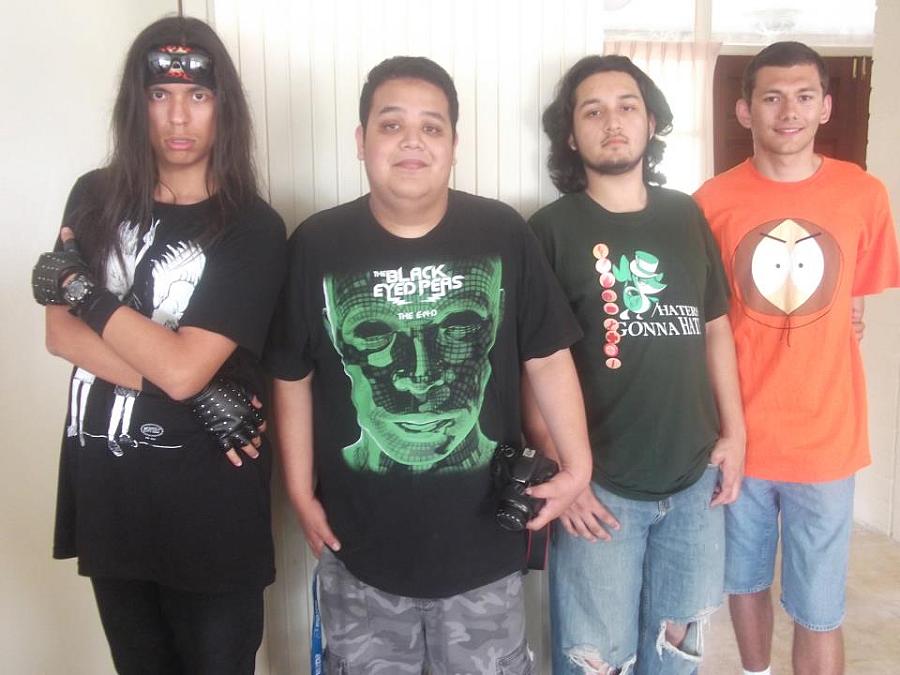Are we ready for them? “Autistic Young Adults”

Participating in the California Endowment Health Journalism Fellowship is not only an honor; it’s also a great opportunity to bring answers to many questions puzzling thousands of parents of autistic young adults.
A high percentage of young adults with autism will experience difficulties and their conditions may even regress. Thousands of Latinos are part of the generation of young adults who were born during the first big wave of autism cases in the United States. The lack of information, language barriers and the limited resources in Spanish for their parents make these young Latinos with autism more prone to difficulties in the transitions into adulthood and independency.
I experience these difficulties on a daily basis. Jesus, my 20-year-old son is still struggling finding a job and a proper placement to continue with his education. Recent studies talk about the expert’s concerns about the underserved autistic young adult.
"A majority of our adults are underserved or not served at all. They can't access the same services as adults that they had as children," said Jim Ball, board chairman of the Autism Society, a national advocacy group. "We are doing a lot for our kids, but these kids are going to live to 80 or 90 years old - they're going to live the majority of their lives as adults. What are we doing for them in that realm?"
Through a team project for television and the web, both English and Spanish; NBCLatino.com Norma Rubio and I hope to find ways to support and inform Latino families who struggle with the transition of their autistic young adult into adulthood and independency.

